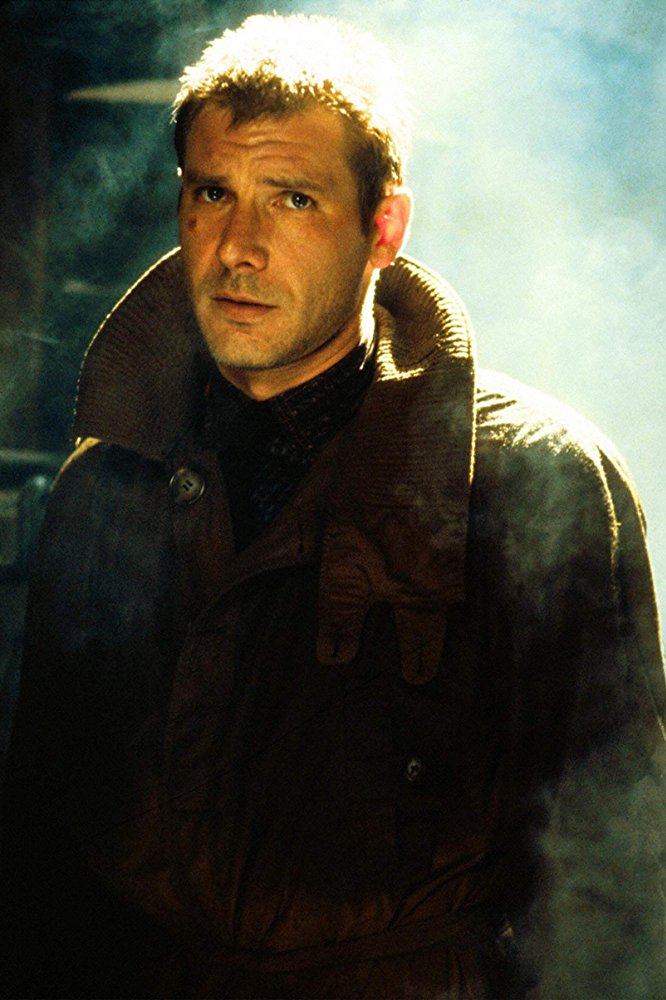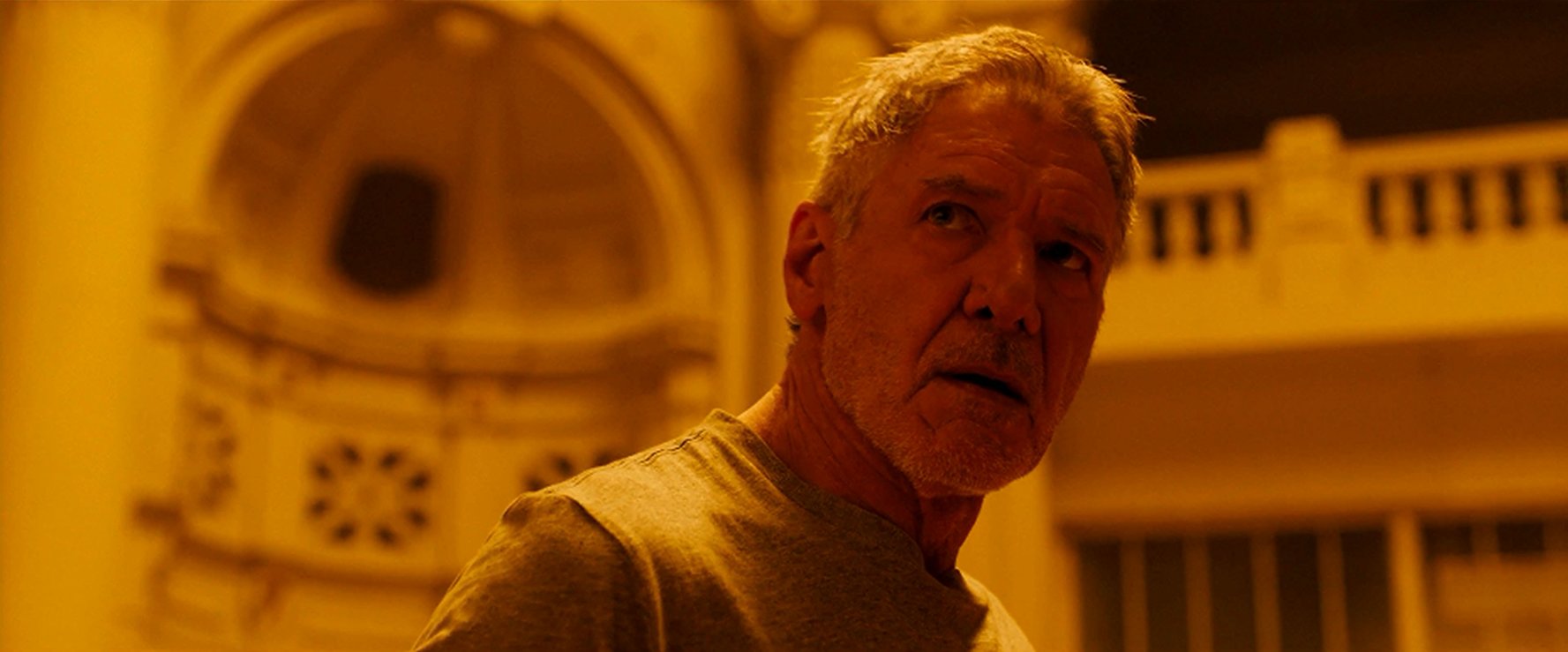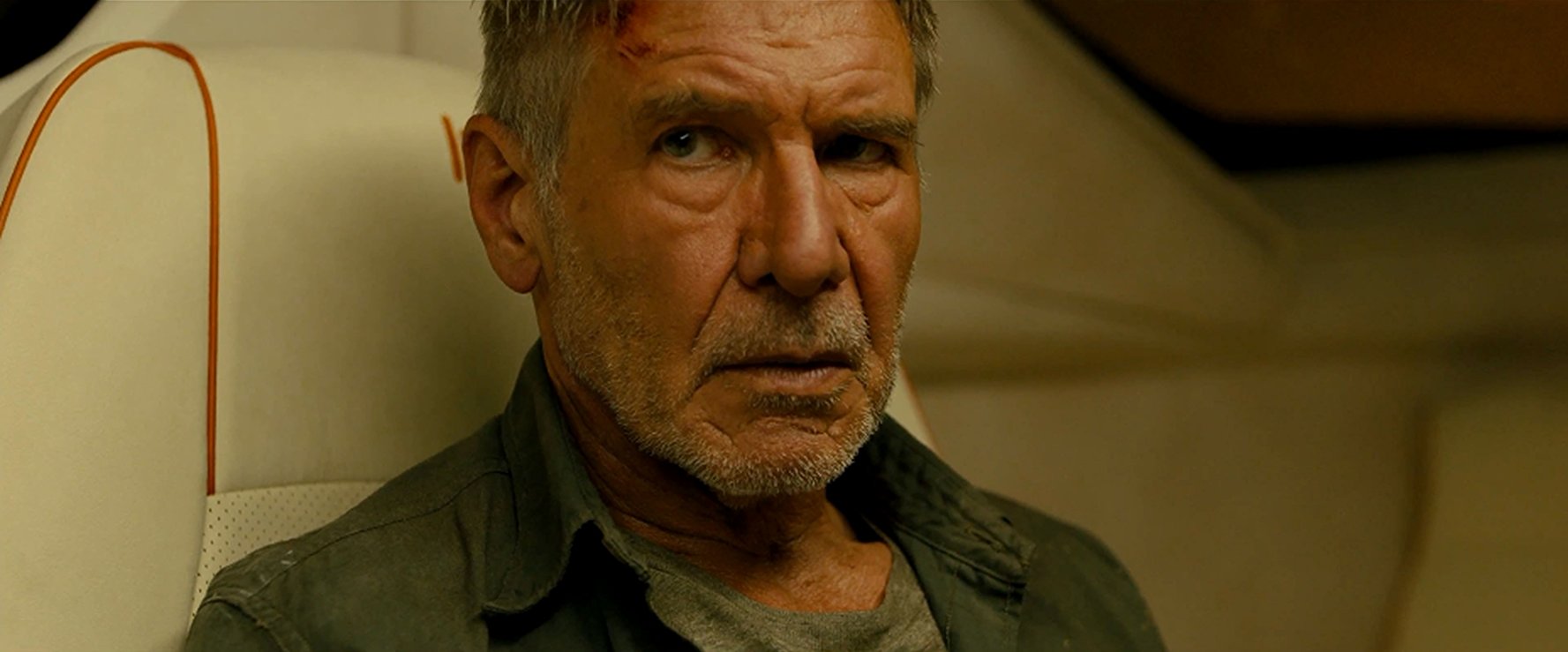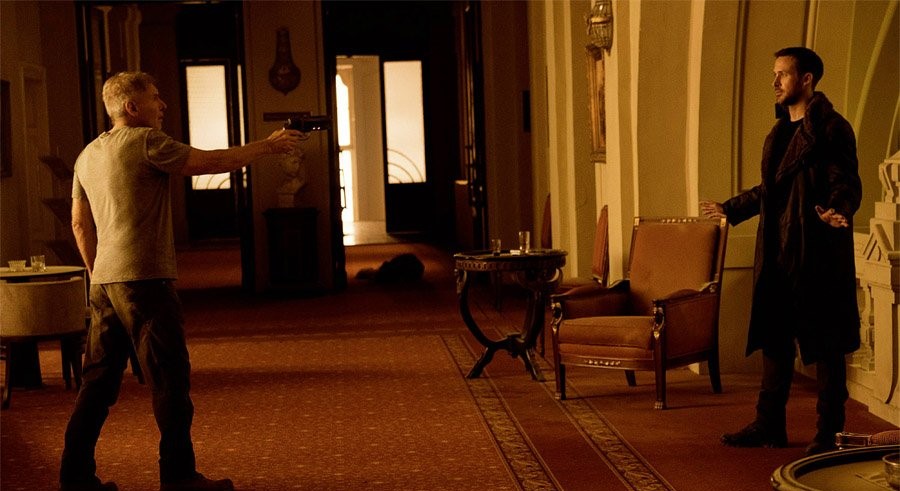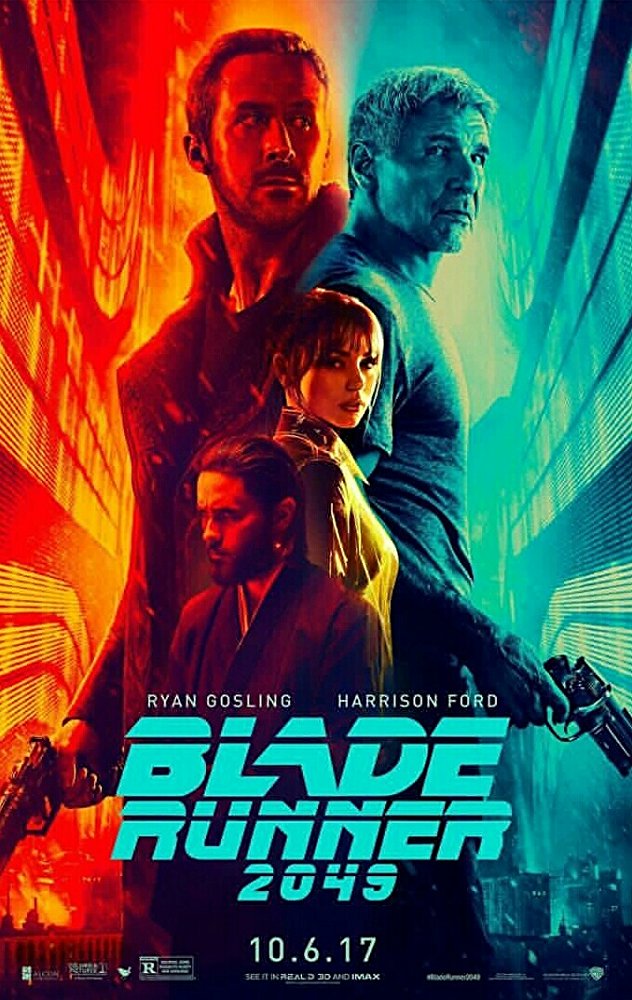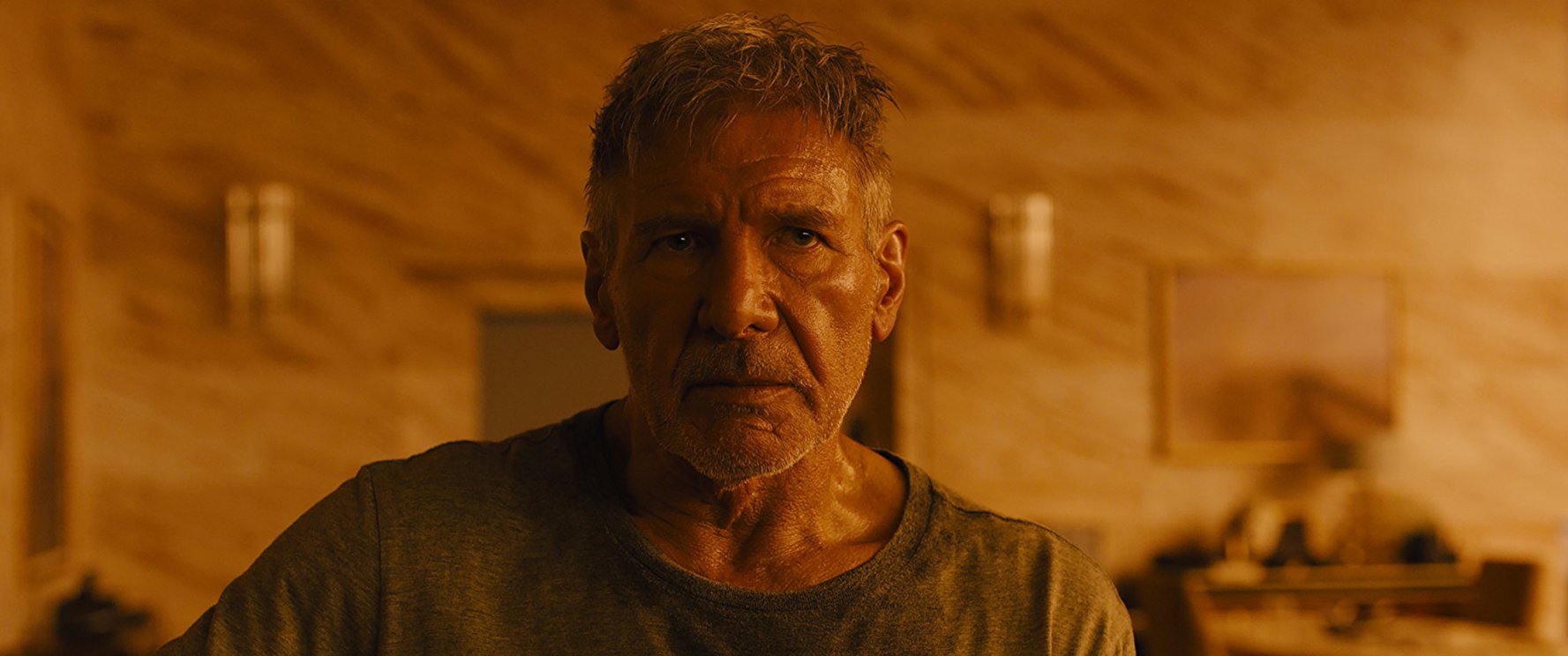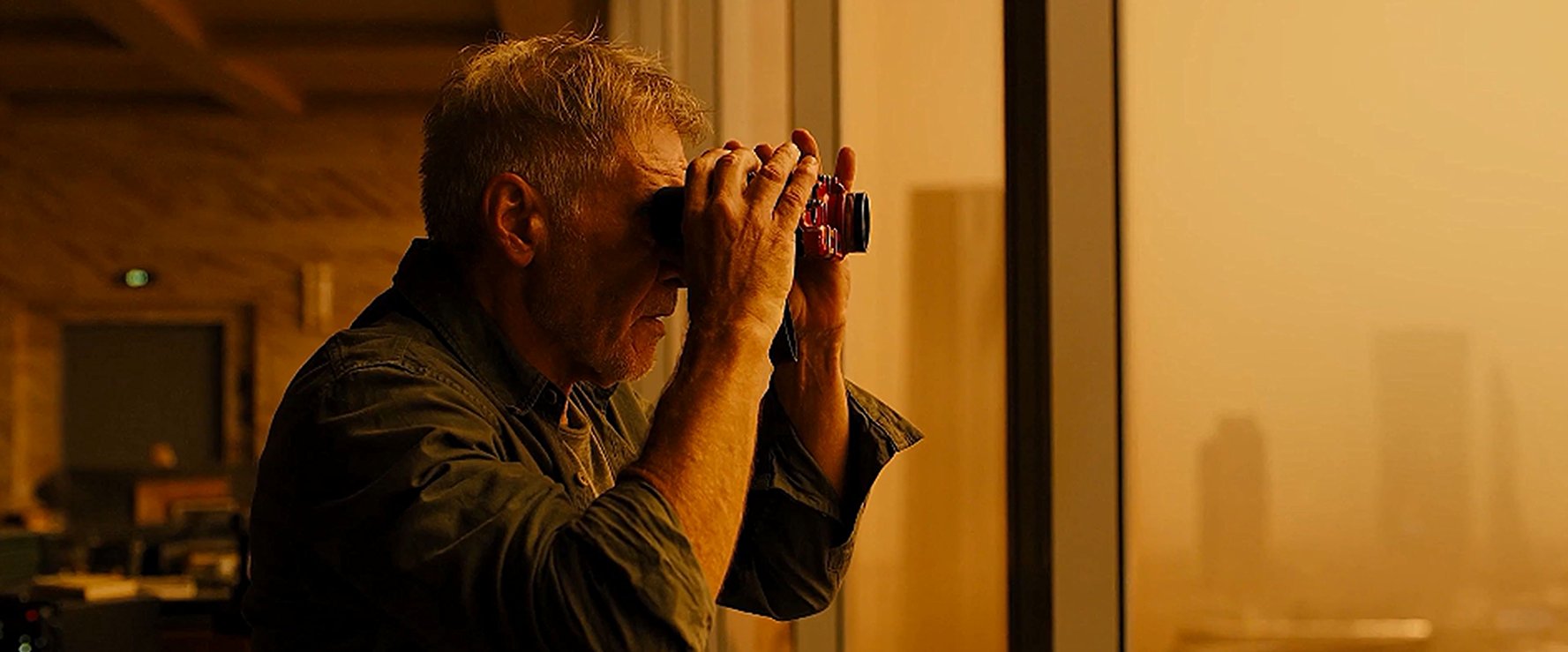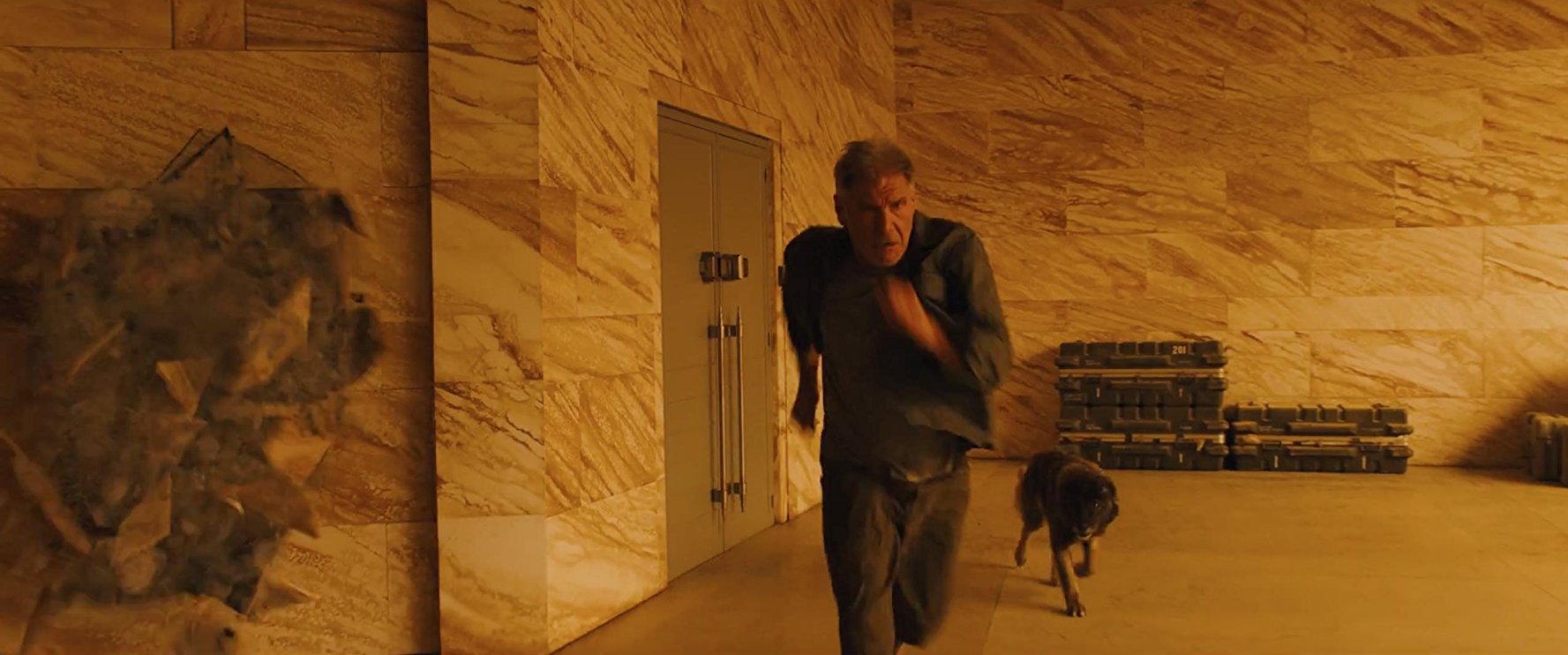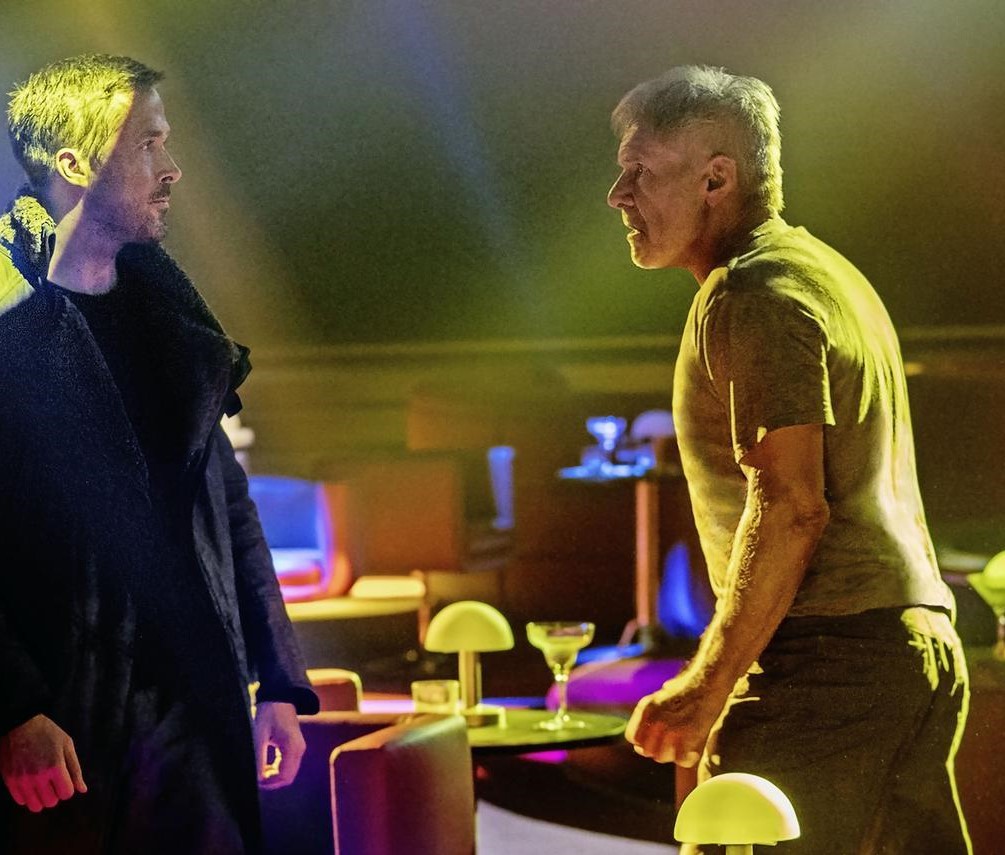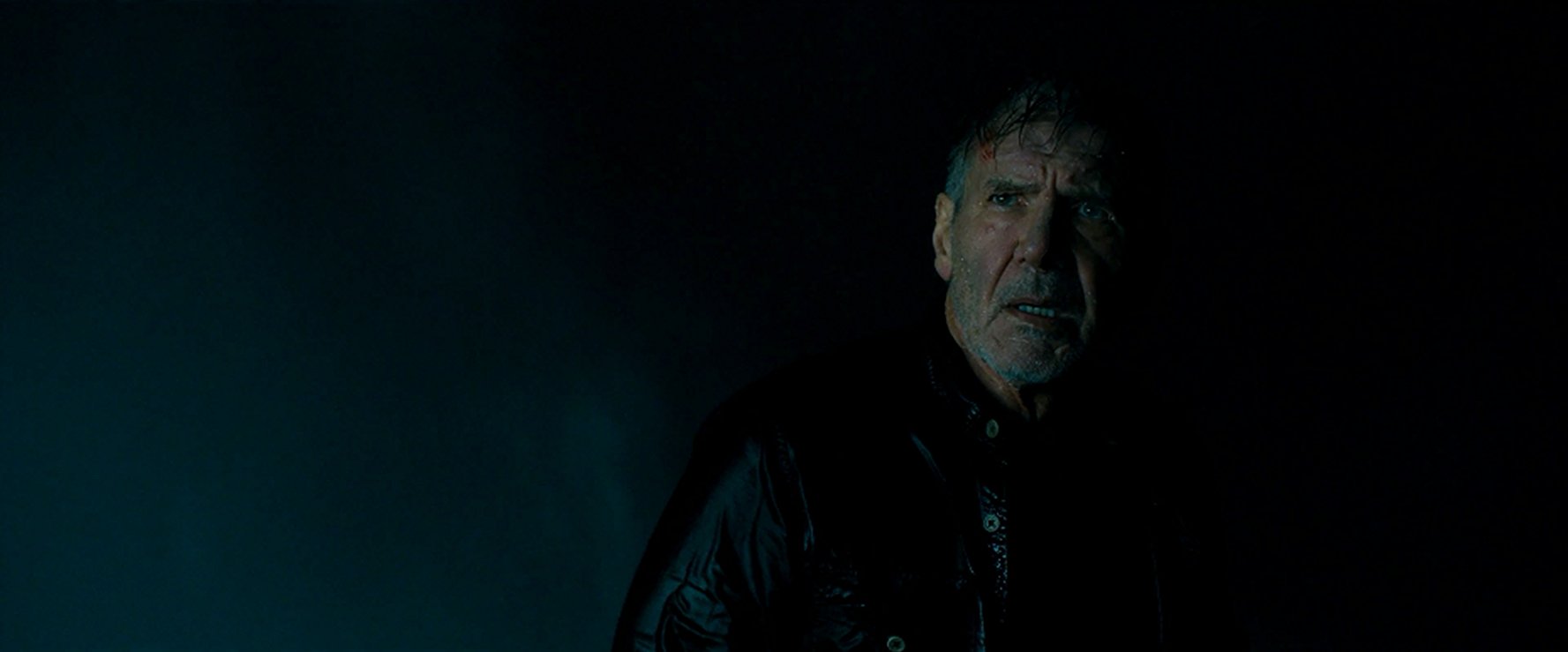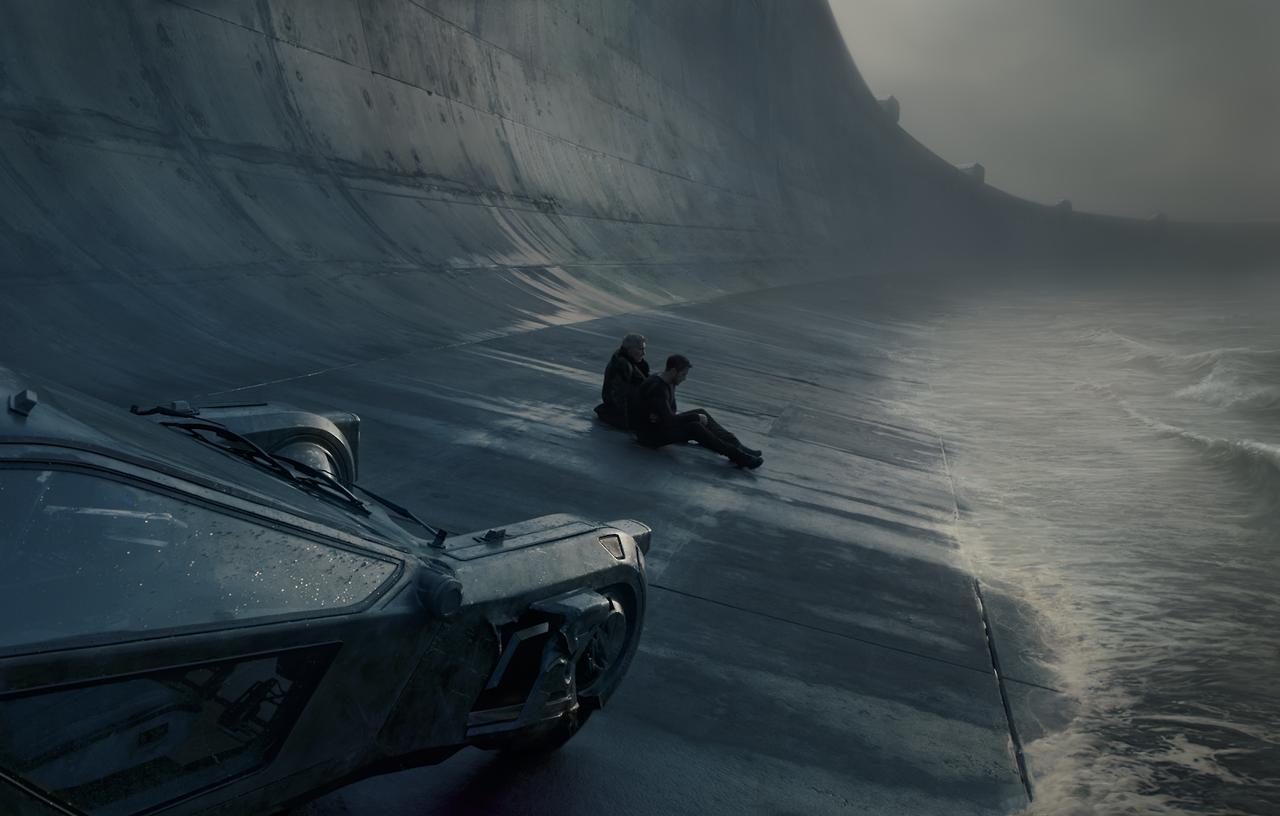Rick Deckard is the protagonist of Ridley Scott's seminal science-fiction film, Blade Runner. In the future, replicants, artificially created and cybernetically enhanced beings, are indistinguishable from naturally born human beings, but are not entitled to the same rights as natural humans. Out of fear, society has deemed their freedom a liab...
Show more »
Rick Deckard is the protagonist of Ridley Scott's seminal science-fiction film, Blade Runner. In the future, replicants, artificially created and cybernetically enhanced beings, are indistinguishable from naturally born human beings, but are not entitled to the same rights as natural humans. Out of fear, society has deemed their freedom a liability and danger for the general populace. As a result, the Blade Runner unit was created as a specialized section of the police. Blade Runners are essentially bounty hunters, and are required to hunt down and retire rogue replicants. In other words, Blade Runners are tasked with the execution of replicants.The film uses Rick Deckard as a means of focusing and reflecting on the numerous and complicated themes throughout. As he hunts down and systematically executes each member of a group of androids, Deckard is confronted with the limitations of his fleeting mortality. His character's transformation is two-fold; Roy Batty is the ultimate replicant, smart and strong, and in him Deckard may have met his match. Batty's drive to kill Deckard comes from his desire to live. Rachel Tyrell, who Deckard suspects of being a replicant herself, presents our protagonist with an emotional conundrum he has never battled before: love.- - - - ( SPOILER ) - - - -During the course of the film, it is revealed that the replicants have a built in fail-safe that will naturally kill them within a certain amount of time. During his ultimate showdown with Roy Batty, Deckard is forced to fight for survival as Batty demonstrates that he is, in fact, superior to Deckard. Deckard however is unable to kill Batty and can do nothing but watch while Batty espouses the beauty he's appreciated in his life, then ultimately dies. At this point, the Deckard already knows Rachel is a replicant. Upon returning to his apartment, Deckard decides to flee (Deckard should have killed her himself, and knows another Blade Runner will becoming for her before long) with Rachel and presumably live out their days in happiness. There are a number of interpretations of Deckard, his actions, and eventual transformation from a killer to savior of replicants. It is theorized by some that Deckard is himself a replicant, and that is the reason why he feels compelled to save Rachel. The dream sequences involving the unicorn, and the scenes when Rachel and Deckard are playing the piano are good evidence for this, but there is truly no other point at which it is made apparent to the viewer that this is the truth. Apparently, Deckard has been a Blade Runner for a long time, long enough to build a reputation as the best in the business. It is unlikely, and does not stand to reason, that he is a replicant, since if he were, he would have succumbed to the same deadly fail-safe device as Batty. Furthermore, his being a replicant would have been redundant and basically undermined the point of the film: Deckard finding humanity in the inhuman.Another, more likely theory, is that he has indeed fallen in love with Rachel despite her artificiality and renounces his philosophy of replicant eradication. As mentioned before, Deckard also realizes the ephemeral qualities of his mortality and realized that before Rachel, he hasn't had much to live for. Again, this is up for debate. It's really a matter of personal preference. Ridley Scott has left it a mystery and for good reason: It doesn't truly have much impact on the point of the film.
Show less «

